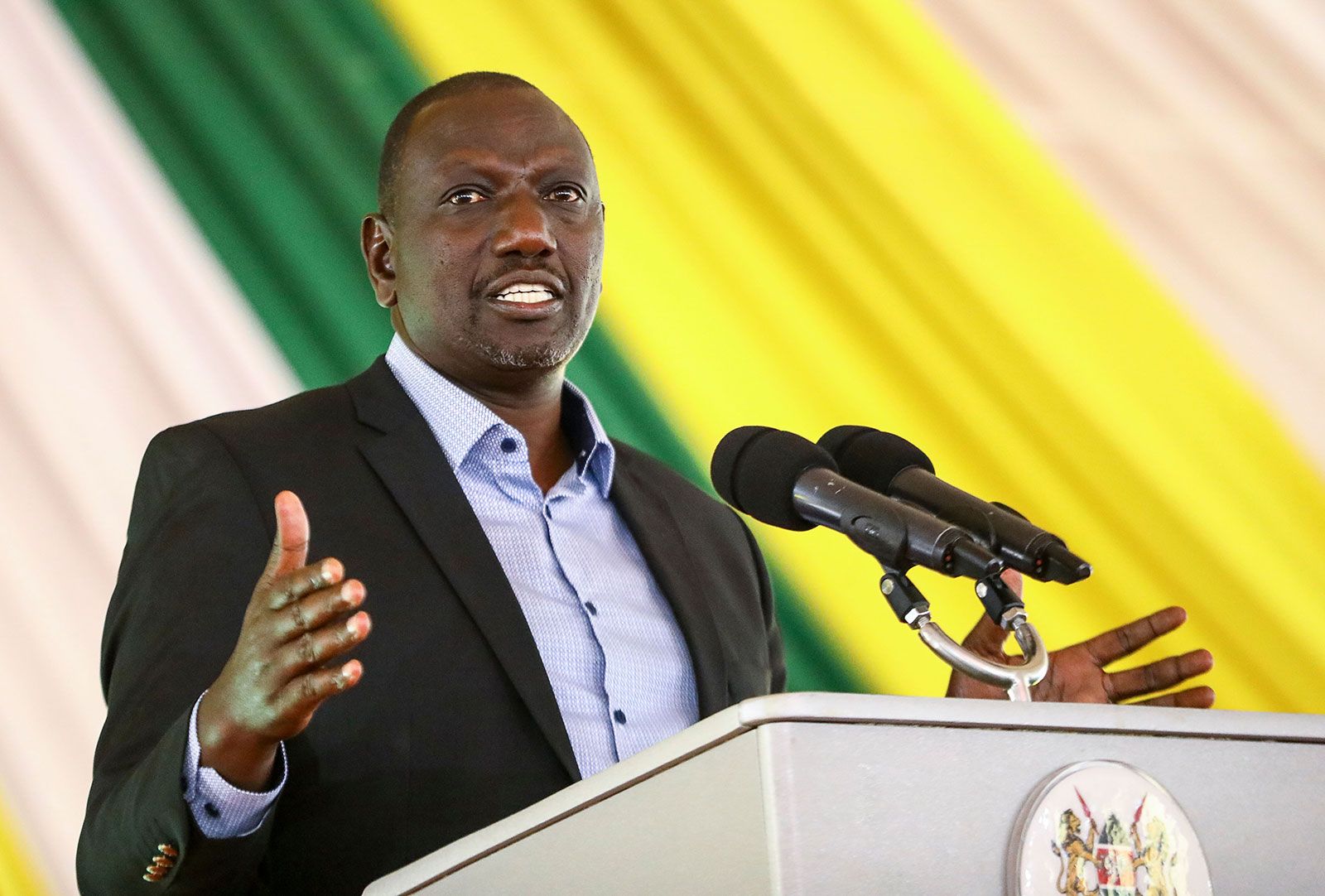Kenya breaks barriers as President Ruto announces global visa-free entry starting 2024

East African country, Kenya is set to break travel barriers posed by visa restrictions as President, William Ruto declared yesterday – Tuesday December 12, 2023 – that starting January 2024, visitors to Kenya globally will no longer need a visa.
During a speech in Nairobi commemorating 60 years of independence from Britain, Ruto stated, “No person from any part of the world will need to go through the burden of applying for a visa to enter Kenya.”
Ruto announced the introduction of a digital platform, eliminating the visa application process and ensuring all travelers receive electronic travel authorisation beforehand.
With the visa-free policy, Kenya has joined the ranks of African nations facilitating unrestricted travel for Africans, following the lead of the Gambia, Benin, and Seychelles.
Seychelles, an East African island heavily dependent on tourism, initiated this policy shift in 2016.
Ruto, addressing barriers to inter-African travel, highlighted the hindrances posed by expensive and time-consuming visa requirements and high airfares.
He emphasised the need to eliminate such obstacles, expressing concern that 32 out of 54 African countries still mandate visas for nationals from at least half of the continent.
“Our children from this continent should not be locked in borders in Europe and also be locked in borders in Africa.”
“It is time we realise the importance of trading among ourselves and allowing goods, services, people and ideas to move freely across the continent,” he said.
In October, at a conference in the Republic of Congo, Ruto emphasised the importance of dismantling barriers to support the African continental free trade area.
He urged the continent to prioritise trading among African nations, fostering the free movement of goods, services, people, and ideas.
The move aligns with the African Union’s push to encourage more countries to eliminate travel barriers.
Despite launching the “AU passport” in 2016 to enable unrestricted travel for Africans within the continent, its usage remains primarily among diplomats and high-ranking officials.
Ruto’s decision aims to promote increased connectivity and cooperation among African nations.







